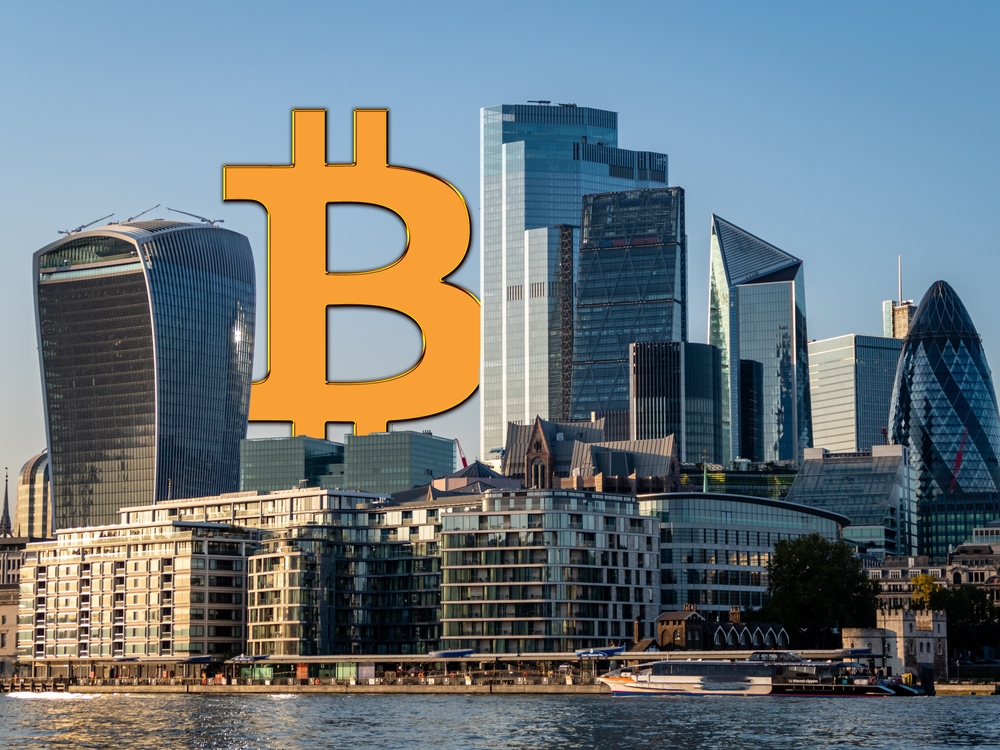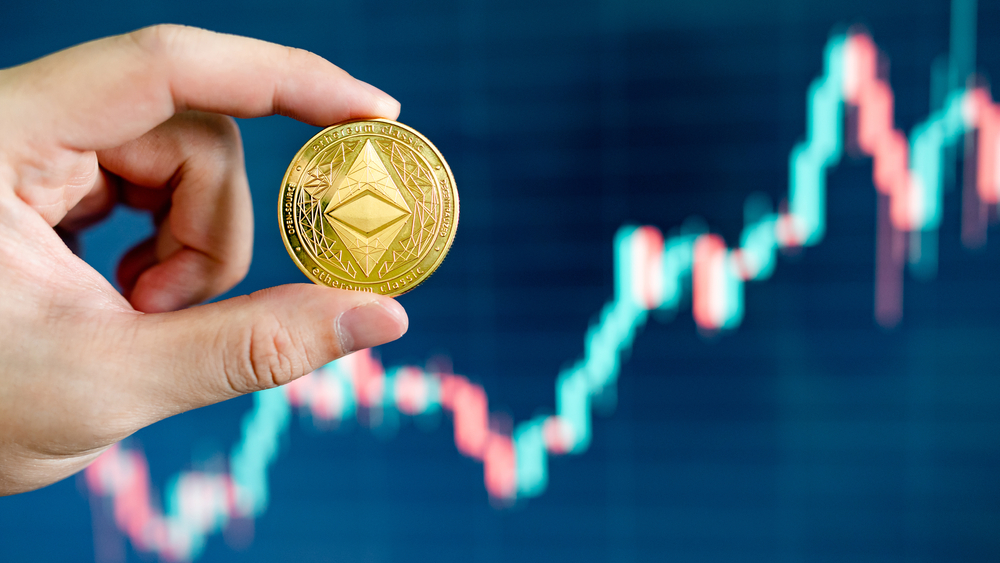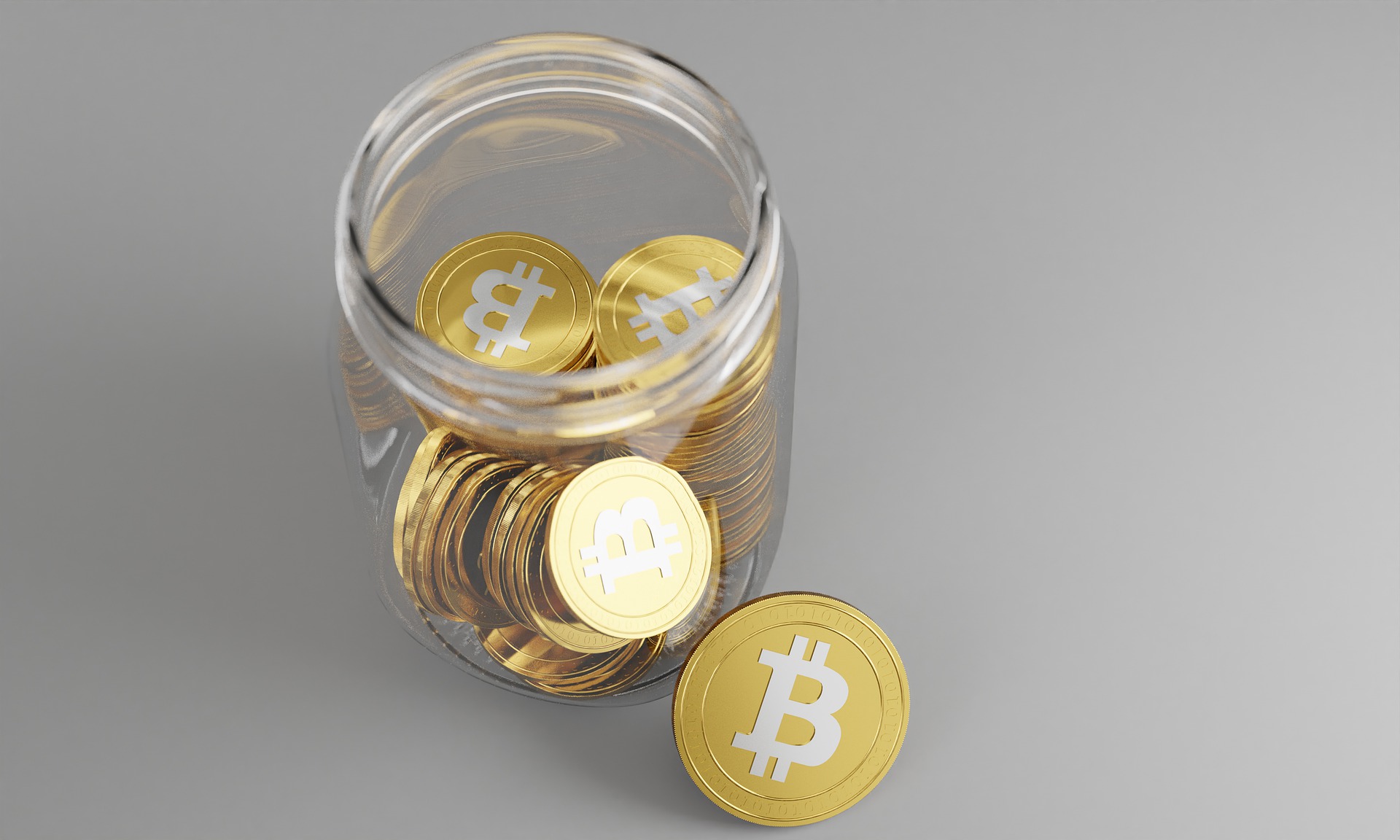SEC Chairman Says Bitcoin is now Directly Competing with US Banking System
Bitcoin adoption is on the rise, and these are not only the retail stores or distributed organizations that are using it but now the states, countries, and some of the most sophisticated financial stations are utilizing Bitcoin. According to the chair of the Securities and Exchange Commission, Gary Gensler, Bitcoin is now directly competing with the US banking system. Bitcoin is crypto, and the essence of decentralization was created in response to and as a reaction to the US monetary system.
The US monetary system is a centralized entity that is actively controlled by the state and other concerning bodies, whereas Bitcoin is completely off the grid and provides a decent alternative to those who don’t want anything to do with the centralized financial system. There was a time when Bitcoin was merely a pipe dream as its adoption was next to nothing because of the volatility factor involved in the crypto industry and people not wanting to do anything with decentralization in the past.
Bitcoin, ETFs, NFTs, and other Digital Assets Vary in Terms of Volatility
Things have drastically changed now; as people come to know the significance of decentralization and especially Bitcoin, they want a piece of it. This has turned a huge audience away from the centralized banking systems towards Bitcoin and other cryptocurrencies because these are more convenient and flexible as compared to their fiat counterparts. According to Gary Gensler, the US banking system has a worldwide consensus, and Bitcoin stands as a severe competition to undermine it.
Gary has said time and again that he thinks of the cryptocurrencies and the idea of decentralization as the Wild West; it might not be for everyone and especially not for those weak-hearted investors who don’t want to do anything with volatility. Talking about exchange-traded funds and non-fungible tokens, the SEC chair said that these might not be a direct component of the crypto market, but these are associated with decentralization one way or the other and therefore propose strong volatility to the end investor. The fate of modern finance partially rests on how decentralization would work out for the investment sector but what would be the consequences that it would inflict on the global monetary system remains unknown.










